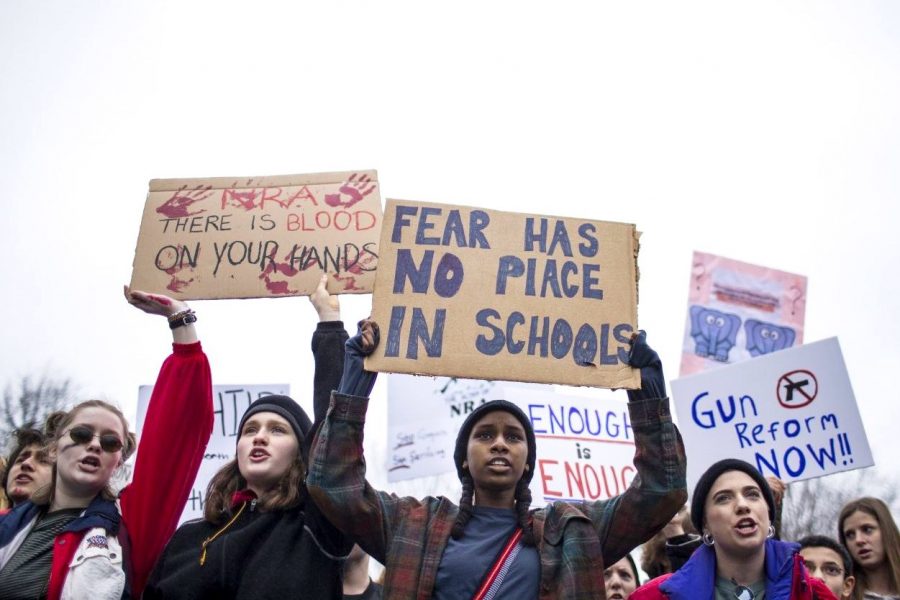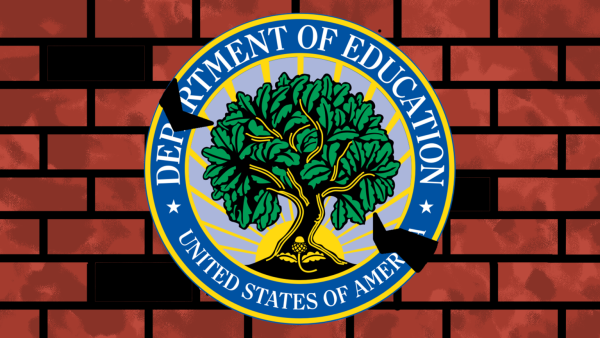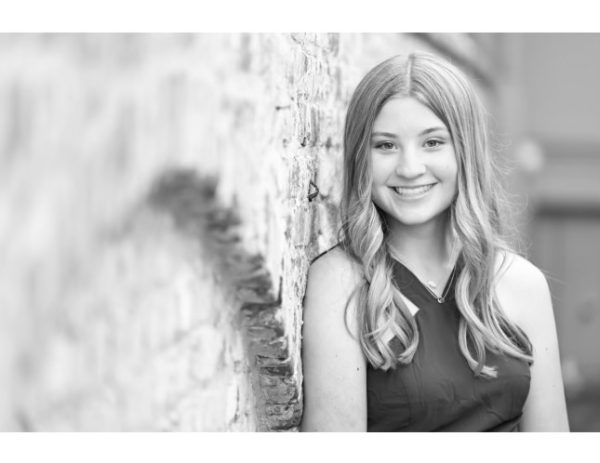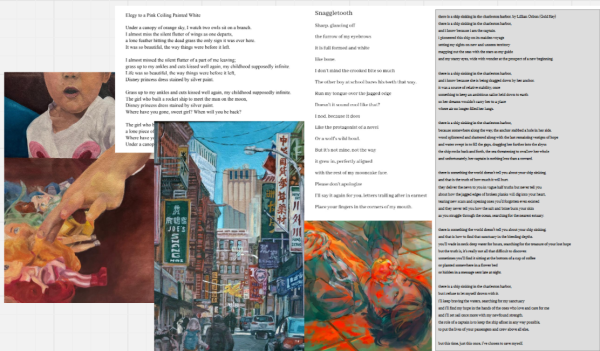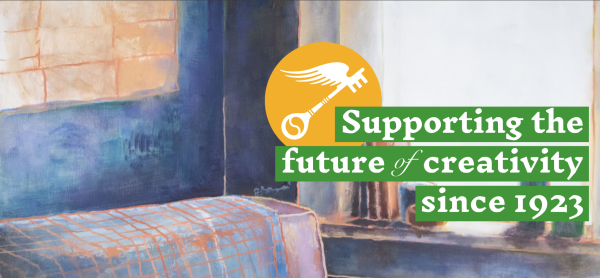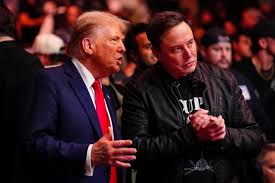What Gun Control Do We Have?
Lack of Regulation Makes it Possible for Nearly Anyone to Purchase a Gun, Including Mass Shooters
On February 14th 2018 at Douglas High School in Parkland Florida, seventeen students were killed at the hands of a known, violent teen holding a legally obtained assault rifle. Unfortunately, this is the eighteenth instance in which a firearm has been fired at a school in 2018. If this pattern continues, there will only be forty school days in which a gun is not fired out of one hundred and eighty.
In the wake of the Douglas High Shooting, along with the accumulating list of mass shootings that we have grown up with, questions are being raised about whether Congress will do anything about gun control. According to a CBS/New York Times poll, 90% of all Americans favor background checks for the purchase of a gun, which is mandated by the current federal policy. However, it is estimated that 42% of gun owners did not have a background check at all and several states have created legal loopholes that ease the purchase of these weapons. One commonly known loophole is that FBI’s National Instant Criminal Background Check System (NICS) does not require a background check for private sales or shows, including online purchases, which make up roughly 35% of gun purchases. Out of the remaining 65% transactions, 90% receive a NICS report almost immediately and others are delayed for further investigation. After three days of the background checks, if the FBI has not released a verdict, the gun may be sold regardless of the buyer’s credentials. This loophole is referred to as “delayed denial,” but is also commonly known as the “Charleston Loophole” as it was how infamous shooter Dylan Roof obtained his weapon legally. According to a TIME analysis,
With a plethora of loopholes for buyers to choose from, it begs the question, how much control do we have over weapons? What is stopping people like Nikolas Cruz of Parkland, Dylan Roof of Charleston, Stephen Paddock of Las Vegas? What is keeping the means to kill out of the hands of those willing to do so?
Citizens are now turning to their state governments to implement stricter gun control policy. In South Carolina, after being put through subcommittee and delayed for a year, a bill in state legislature that would close the Charleston Loophole and increase the waiting period to 28 days will be held to a vote this session. Walkouts are also being planned in South Carolina and across the nation on March 14th to raise awareness for the victims in the Douglas High shooting and protest gun violence in general.



